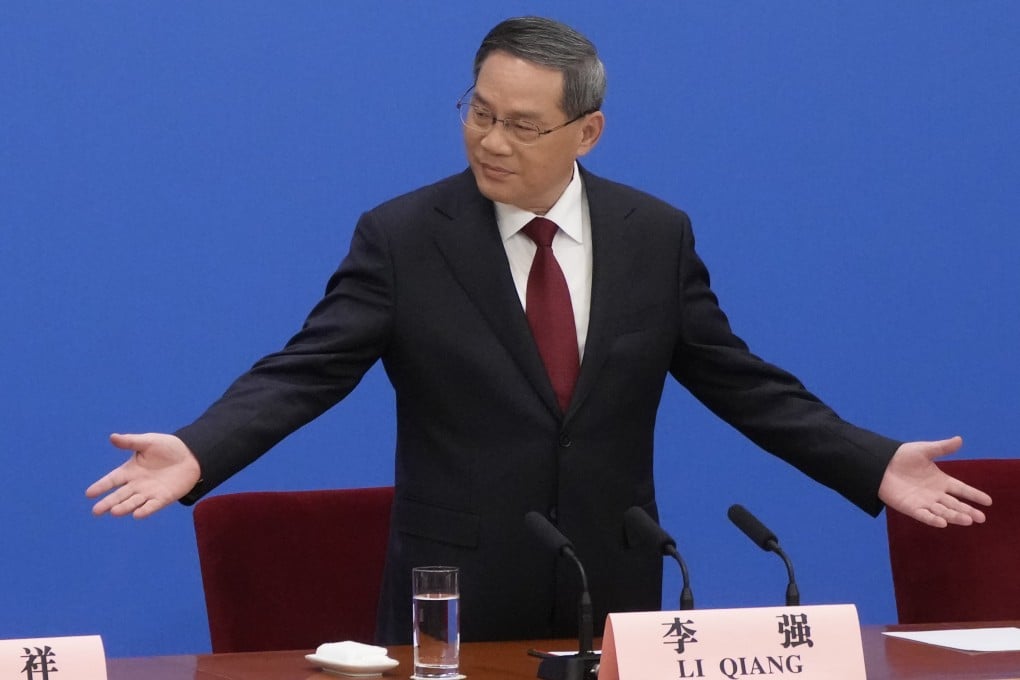Advertisement
The View | ‘Two sessions’: China has shown its eagerness to do business and engage with the world
- The signs are there: a pro-business cabinet, a big welcome for foreign investment and a big push for diplomacy, connectivity and sustainability
- For many international companies, China will still be a major growth driver this year – especially with prospects uncertain elsewhere
Reading Time:3 minutes
Why you can trust SCMP
2

China’s “two sessions” – the annual meetings of the legislature and political advisory body – which wrapped up last week in Beijing, are always eagerly watched by investors around the world. This year, along with the tailwinds of China’s reopening, the meetings point to promising areas for international engagement and economic cooperation.
First, the newly appointed cabinet is familiar with the market economy and private sector, and well-placed to promote China’s integration with the global economy. In his first press conference as premier, Li Qiang sent positive signals with his pragmatic tone and pledged that China will continue to open up “no matter how the external situation may evolve”.
Li is seen as having pro-business credentials, having worked in the dynamic coastal regions of Zhejiang, Jiangsu and Shanghai, where he played a key role in supporting Tesla’s setting up of its Gigafactory, the first wholly foreign-owned car manufacturing plant in China.
Advertisement
Also, the retention of trusted technocrats in key roles – including the heads of the central bank and ministries of finance and commerce – provides reassurance of policy continuity, as new appointees settle in and the restructuring of the government and party organs is carried out.
These officials have been among China’s most important interlocutors at international meetings such as of the Group of 20, better known as G20, and have overseen reforms in the country’s financial and banking sectors, which are among the most important areas of China’s market liberalisation in recent years.
Advertisement
On the policy side, the government work report and other key documents presented at the two sessions also gave foreign investors some positive signs.
Advertisement
Select Voice
Select Speed
1.00x
